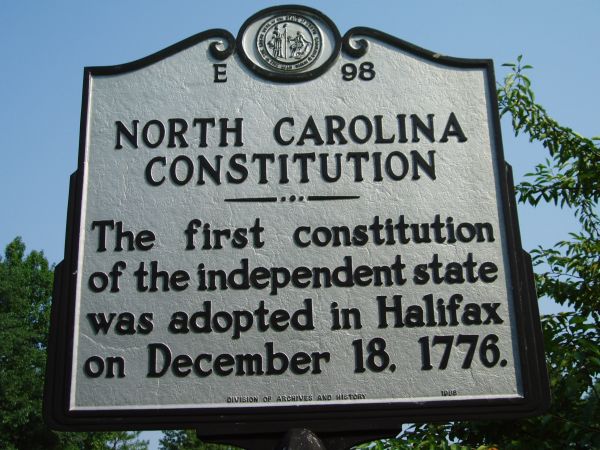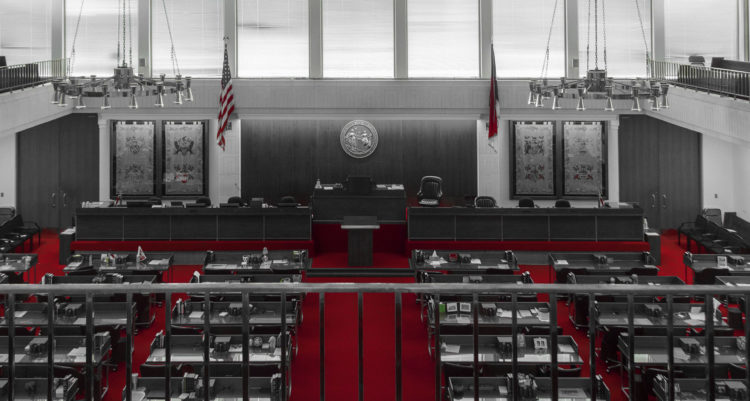In her News & Observer op-ed, Dr. Helen Ladd, a professor of public policy at an elite private university, claims that North Carolina’s public schools are under attack by those with a “private vision” of schooling. (Fun fact: Ladd used the word “private” nine times in the op-ed. She did not use the word “parents” once.)
Who are these privatizers? She does not identify them. She only says that the boogie men and women represent “conservative groups around the country” that “promote private interests with little attention to the collective interests that justify the use of taxpayer dollars to support schooling in the first place.” I assume that she is referring to the Friedman Foundation and members of the State Policy Network but not the Black Alliance for Educational Options or Democrats for Education Reform. Apparently, only “conservative groups” promote private school choice.
The term “collective interests” reminds me of a recent comment by MSNBC commentator Melissa Harris-Perry, a political science professor at an elite private university (Tulane). In a promo for her network, Harris-Perry laments the fact that Americans do not have a “collective notion that these are our children.” As a result, she claims, the nation has never invested as much in education “as we should have.” This is the gist of Ladd’s op-ed, as well. Ladd observes that state policymakers “continue to starve it [NC’s public school system] of adequate resources.”
It is really not worth commenting on the irony of two professors at elite private universities railing against our inability to abandon a “private” vision of education for the sake of the “collective.” I won’t say a word about the fact that both define the “collective” in ways that lack any sense of voluntarism. Indeed, it’s one thing to regret that our families do not spend enough time interacting with members of the community through churches, neighborhoods, and what Tocqueville called “voluntary associations.” It is another thing to complain that we’re not paying enough taxes to support their vision of public education.
On that note, you may notice that Ladd, Harris-Perry, and their colleagues never spend much time defining their vision of public education in detail. I suspect that it is far from the mainstream definition of teaching children the “Three Rs.” For example, when Ladd says that the “private vision” of education “leaves little room for principles of social justice,” what does she have in mind? If “social justice” is the public school equivalent of what most elite private universities call “higher education,” I think most Americans will pass.
In the end, Ladd and Harris-Perry believe that North Carolinians and Americans, respectively, are automotons who have two functions – to pay more taxes for government schools and shut the hell up.


